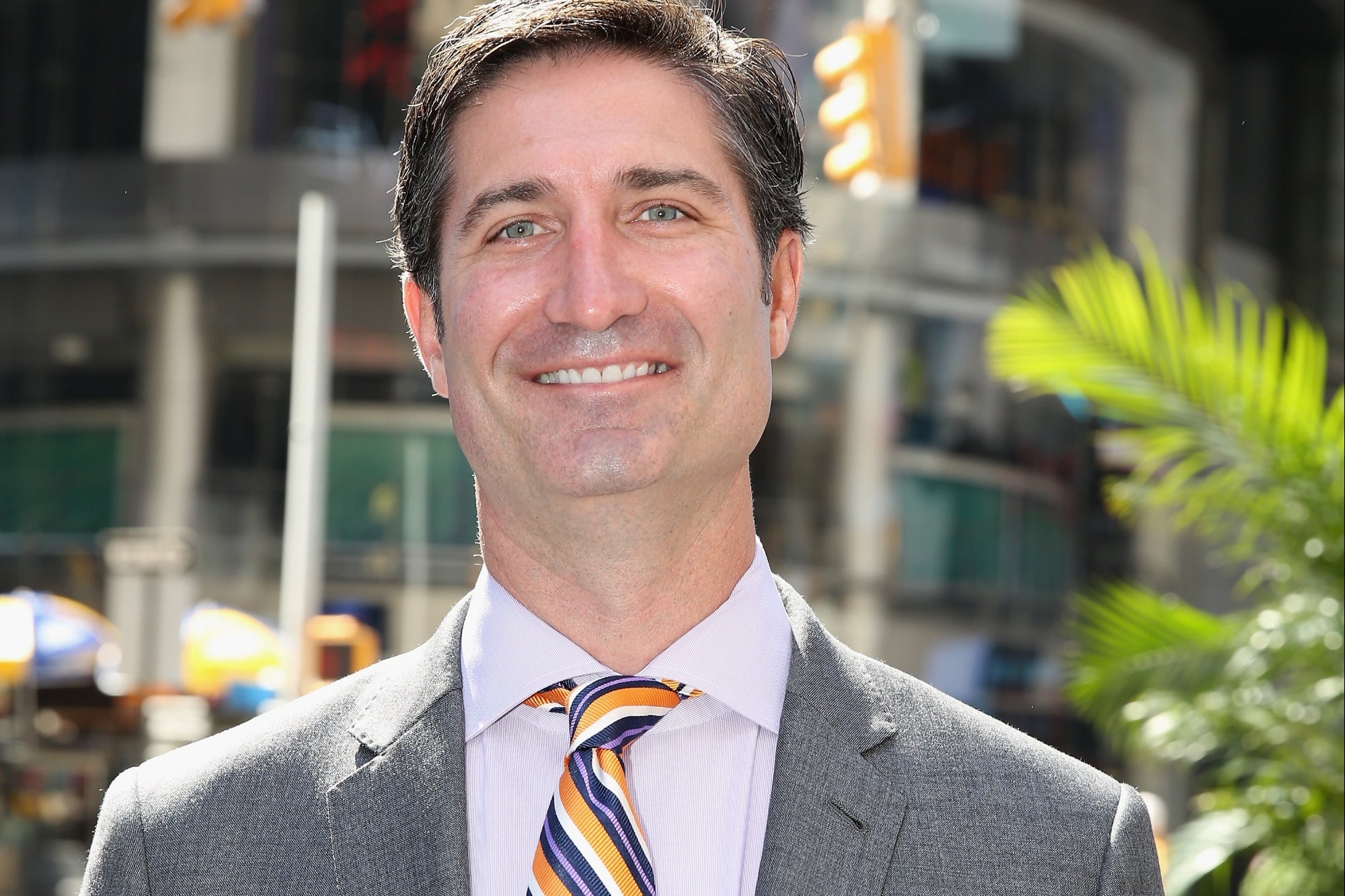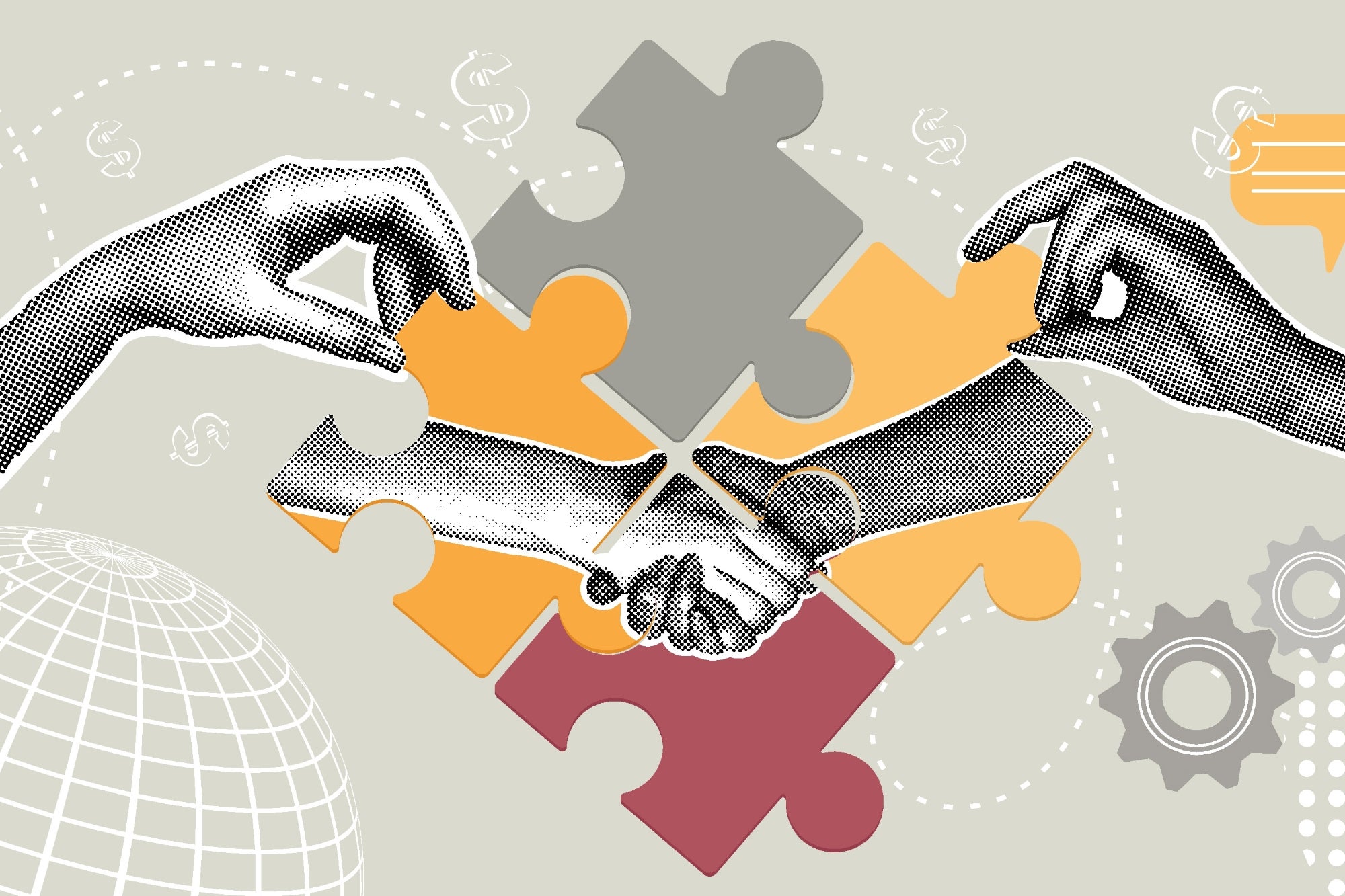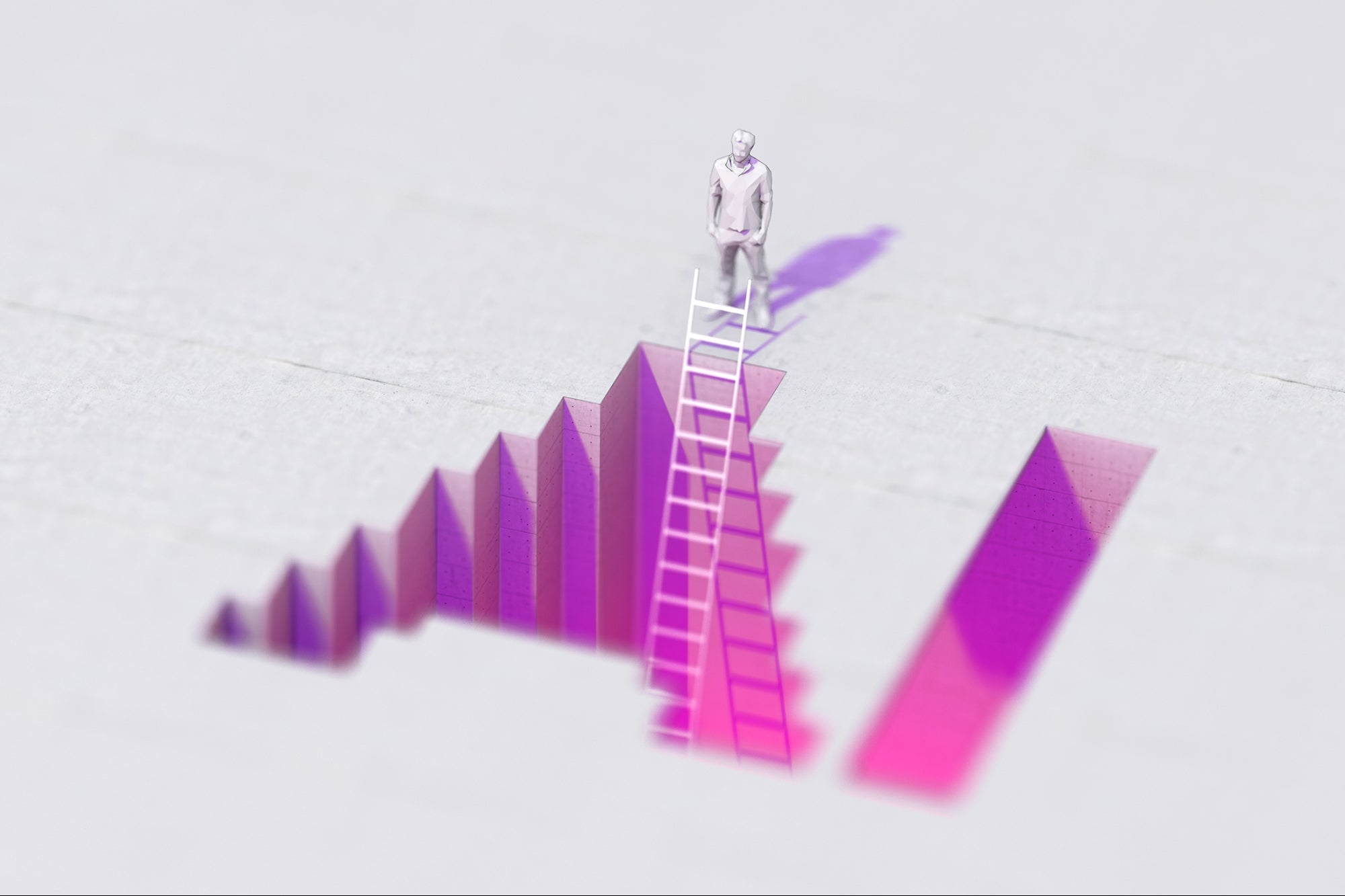The Internet Is Bad Brain Food and Other Vacation Learnings It's critical to recharge your battery, to do your best for yourself and your business, so unplugging for a period of time is necessary.
By Carol Roth
Opinions expressed by BIZ Experiences contributors are their own.

Every year, my husband and I put a couple of non-negotiable weeks on the calendar for a holiday. During this time, I completely unplug -- I do not go online, I don't check my email, I don't even turn on the news.
As a bit (or maybe more than a bit) of a workaholic, this was a difficult discipline for me to learn. However, I have fully embraced it and every time I return, I remind myself of what else I have learned through this practice and try to help it inform my other 50 weeks a year.
Here are some of the revelations that I have learned and lessons that were reinforced while I did very little.
The internet is a bad brain diet.
It's amazing how much information that you read online can put you in a negative state of mind or a bad mood. When I re-plugged in to social media, news and general online banter after two weeks online-free, I notice that often what I was reading was putting me into a questionable mental state. As my friend Tim Sanders says, be aware of your brain diet. What goes into your head can have a profound effect on your state of mind and your work output. Shutting off the flow of information can help you to be not only more productive, but generally happier.
Related: Why You Really Need to Unplug While on Vacation (Infographic)
Fortunately, I have decent self-control, but I am making it a renewed priority to actually shut down my browsers for a good part of my work day, because if they are up, it's too tempting to "go surfing". If you can't trust yourself, my friend Barry Moltz told me about the "Self Control app" that blocks access to emails and selected websites (like Twitter and Facebook) for a pre-determined amount of time.
Email is the root of all evil.
I am sure that you have heard about how much time is wasted on email ad nauseam, but I really appreciate it after two weeks without it. First, I use an autoresponder, filled with humor, that not only mentions that I will be away, but that I will delete all emails received during that period and if they are important that they should be resent.
Very few people actually do resend the emails, so I get a free pass from having to play catch up. I also find that when I tell folks I won't be available, my daily email decreased around 75 percent. That's powerful.
As an ongoing learned lesson, I have changed the frequency of when I check my messages to just a few times a day.
Some people don't care, so return the courtesy.
No matter what you tell other people (e.g., I am not available), some people are pushy and just don't care. If you are a people pleaser, you need to recognize that you need to stick to your systems every day and not let others get in the way. If they don't want to respect your rules, don't let that knock you off track. They'll be there when you are ready to get to them or they are not worth it.
Related: Whether You Take a Vacation or Not, You Need to Unplug
Block tasks.
As I realized how much time is spent on the evils of email and social media, I have reinforced my habit of doing tasks in blocks. For example, when I write, I tend to do it prolifically. The same goes for other tasks. I find that I get so much more done when I schedule out chunks of time for a specific activity (for example, I tend to write three or more blog posts in one sitting).
Then, when I'm done, my "reward" is a break to go on Twitter, make a phone call or do whatever else I need or want to do. Try to carve out longer chunks of time to focus -- you will be amazed at how much you get done versus moving back and forth quickly between tasks.
Set limits.
There are a number of activities that I do that are important to my platform and business, but that take up quite a bit of time and are longer-term in nature (which is code for "does not produce immediate revenue"). These are things like meeting new people via phone or in person, media interviews, etc.
As I do none of these on holiday, I realize how much they can eat into my revenue producing business. While important, balance is key. I have decided to set even more strict limits on these activities than before. That means only a couple of each per week, no matter what. Once the quota is filled, it's filled.
Related: 5 Reasons Why Disconnecting for 24 Hours Each Week Is Crucial
This ensures that I keep a balance between short-term and long-term efforts in my business. If you have tasks that are taking up far too much time, but are still important, try to set some limits.
I hope that you can take away some tips from my own experience. It's critical to recharge your battery, to do your best for yourself and your business and hopefully, you can develop some long-term habits to make the in-between times flow better and more easily.










